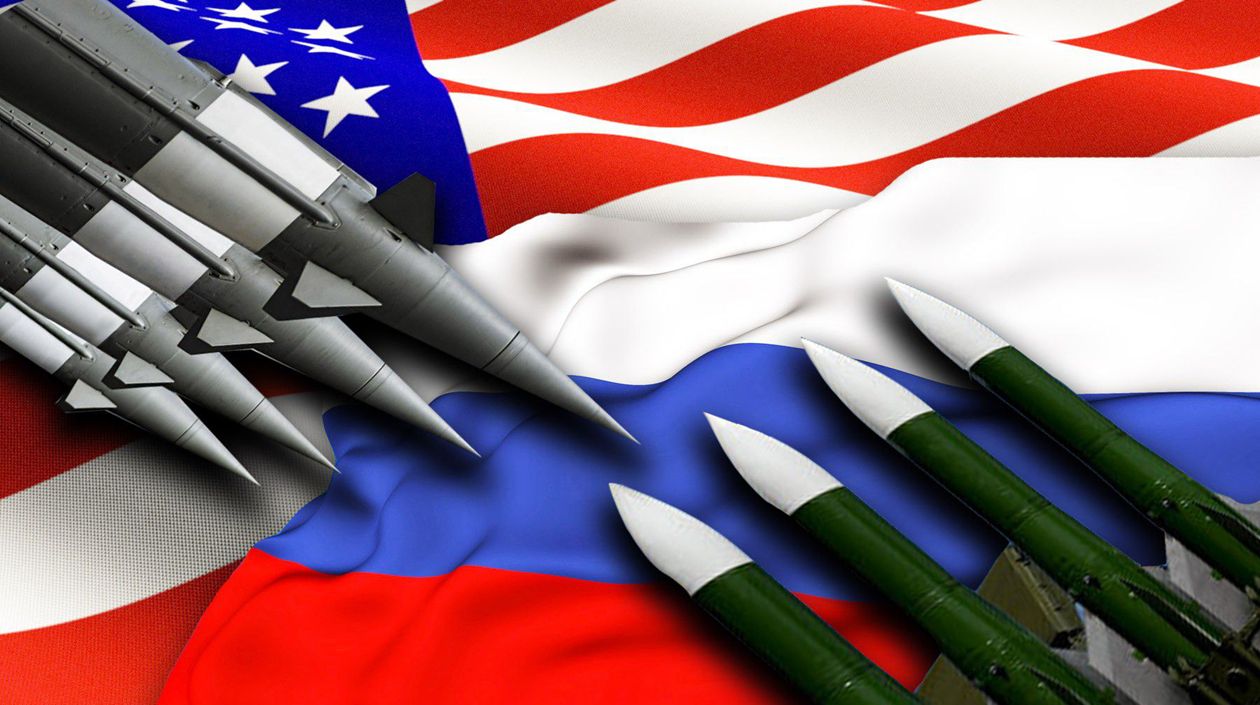By Fang Xiaozhi

The US' high-profile announcement of its official withdrawal from the Intermediate Nuclear Force(INF) Treaty on August 2 met with vehement reactions from the international community including Russia, and took a toll on the international arms control and security situation as it might exacerbate the global arms race.
On the surface, the US quitted the INF Treaty on the ground with the excuse that Russia developed and commissioned multiple advanced missiles in violation of the treaty, but in fact there were other motives at work - the US has long wanted to free itself of any restriction on its strategic deterrence and its development of combat forces.
Washington believed the INF Treaty signed during the Cold War was out of place today as it seriously limited its arms development. Its current naval and air force warplanes and cruise missiles cannot compete with medium-range ballistic missiles in terms of either shooting range or speed, and its anti-missile systems can only be used for interception but not attacking.
In contrast, many countries in the world have successfully developed multiple new ballistic missiles, pushing the development of medium-range and medium/short-range missiles to a new height. The US, who spares no efforts to maintain its global dominance, will never allow the inferiority and strategic passiveness resulting from the technological gap.
Therefore, the ultimate goal of US quitting the INF Treaty is to shake off its restrictions and to develop and deploy more powerful medium-range and medium/short-range missiles, so as to command absolute superiority in the military field, especially nuclear weapon systems and build the US military into the most powerful armed force in the world. The abrogation of relevant arms control documents will also clear the regulatory obstacles on its way to suppressing rivals and help it curb and control the rise and competitiveness of relevant countries.
Therefore, soon after it quitted the treaty, Washington announced that it would test-fire a non-nuclear medium-range missile in the next few weeks that was previously restricted by the treaty, followed by the test launch of other medium-range ballistic missiles in November. That is the real reason why the US withdrew from the INF Treaty.
As far as its actual influence is concerned, the US quitting the INF Treaty is a major event in the international military circle and will have negative effects on global arms control system, regional military security, and global strategic stability and balance. The immediate consequence is the escalation of global arms race.
The INF Treaty has served as a fundamental treaty for international arms control and nuclear non-proliferation mechanism after the Cold War, and has maintained military balance in Europe and even the whole world for more than 30 years.
By withdrawing from the treaty, the US will have no scruples about re-starting the development of medium/short-range land-based missile systems that will also adopt new military technologies such as hypersonic and boost-glide technologies.
This is bound to stimulate Russia, also a global military power, to increase its input in new medium/short-range missile systems, such as reviving multiple types of missiles including the SS-20, SS-23 and SS-26, and equip them with more advanced materials and information technology to significantly enhance their performance and achieve a kind of new strategic balance with the US.
In face of the arms race between Washington and Moscow, other countries that have medium-range and medium/short-range missiles may follow suit. For example, European countries that border with or are close to Russia will invest heavily with personnel and materials in the R&D of medium/short-range missile systems for the purpose of dealing with any direct threat from Moscow, and may even buy advanced weapons from Washington directly, once again putting Europe under the spotlight of global arms race.
In the Middle East, Iran will probably enlarge its missile deployments while Saudi Arabia and Israel, to resist missile attacks from Iran, will develop offensive weapons like medium/long-range missiles on a large scale too, in addition to deploying more missile defense systems.
All these are bound to lead to intensified military confrontation worldwide, aggravate the military competition and geopolitical games between major powers, and seriously damage the world security situation and global strategic stability.
(The author is a researcher with the Belt and Road Initiative (BRI) Institute of Strategy and International Security, Fudan University)













